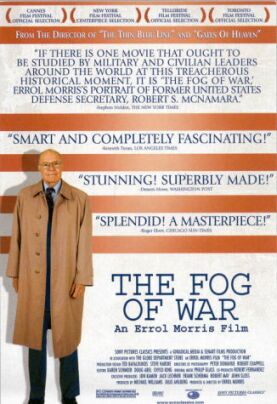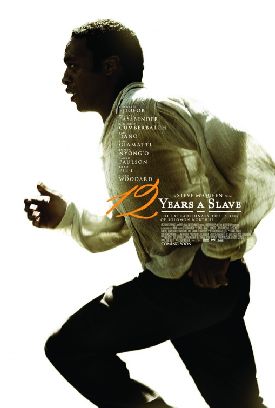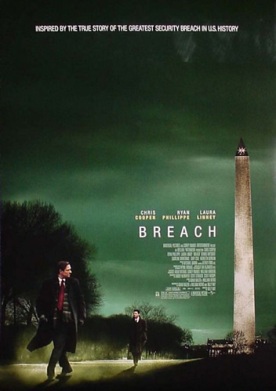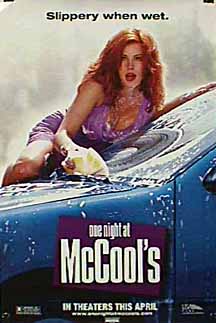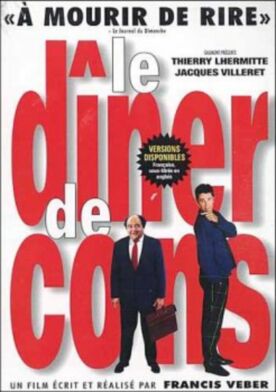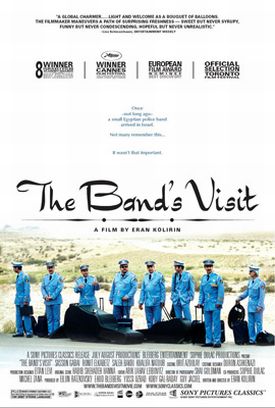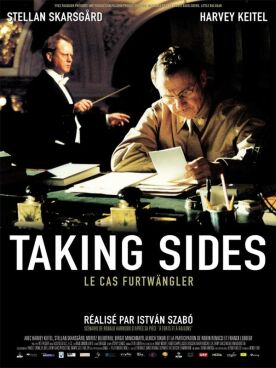Fog of War, The: Eleven Lessons from the Life of Robert S. McNamara
The most revealing thing that Errol Morris’s The Fog of War: Eleven Lessons from the Life of Robert S. McNamara has to show about his subject is the fact that he ever agreed to cooperate with the filmmaker in the first place. Though obviously intelligent, McNamara has still not lost that boyish naVveté that was so instrumental in leading his country into the Vietnam War, for he appears not to realize that the film is mocking him. But if Morris is not exactly a sympathetic observer of McNamara’s life, neither is McNamara himself. He stops short of apologizing for his role as defense secretary in the Kennedy and Johnson administrations, but he has clearly come to share many of the assumptions that Errol expects his audience to make about Vietnam. So you could say that the apology is implicit.
Among these assumptions the principal are that the war was a huge blunder in conception, that it was unwinnable, and that he and the others of Kennedy’s and Johnson’s administrations who managed it for America failed to understand the struggle’s true nature. They had been lacking in “empathy” — now there’s a word that, like Vietnam itself, takes you back to the ‘60s — for the enemy and so had failed to see that the Vietcong and North Vietnamese were patriots, their insurrection a popular one and that the civil war which it produced had nothing to do with the bogey of international communism. At any rate, McNamara appears by enthusiastically agreeing with all these beliefs of the left eager to ingratiate himself with his critics.
To remind us of these, perhaps, Morris shouts questions to the former Defense Secretary from off-camera, like a heckler. He takes the “Eleven Lessons” from McNamara’s memoir of 1995, In Retrospect: The Tragedy and Lessons of Vietnam but boils them down into tendentious and archly-formulated maxims for general guidance — “Lesson One” (naturally) is “Empathize with your enemy.” Others are more what we would expect: “Lesson Four: Maximize efficiency. . . Lesson Five: Proportionality should be a guideline in war. . . Lesson Six: Get the Data. . .Lesson Eight: Be prepared to reexamine your reasoning.”
It may not be entirely coincidental that one of McNamara’s lessons is that American force should never be applied unilaterally and that this one is given special prominence now that President Bush’s alleged “unilateralism” is the constant theme of Democratic attacks on the administration over Iraq. Certainly, politically-minded reviewers have picked it up as an example of McNamara’s “prescience.” “If we’d followed that rule in Vietnam, we wouldn’t have been there,” says he, referring to the no-unilateral-force principle — though of course there were plenty of other ways of our not having been there.
Apart from his naVveté, the one thing that does become clear about his prosecution of the war is that it was determined in large part by McNamara’s enormous fear of nuclear war. He overstates the nearness to which such a catastophe was approached during the Cuban missile crisis — if he were right about that, such a disaster would surely have happened at some other point in the 40-year Cold War — and professes to believe Castro’s blustering assertion that he would have been quite prepared to see his little island domain incinerated on that occasion rather than back down over the missiles.
But there once again, it is McNamara’s naVveté that leads him astray. Lesson 2 is that “Rationality will not save us.” This he believes because he believes that “it was luck that prevented nuclear war” and that “rational individuals came that close to the destruction of their societies.” But it doesn’t occur to him that if the nearest that we came to nuclear war happened under nearest thing we had in the Cold War period to an intellectual president, perhaps he should have said that not only will rationality not save us, it will much more likely kill us. Certainly it will where brainpower so far outruns common sense as it does in McNamara’s case.
Discover more from James Bowman
Subscribe to get the latest posts to your email.

